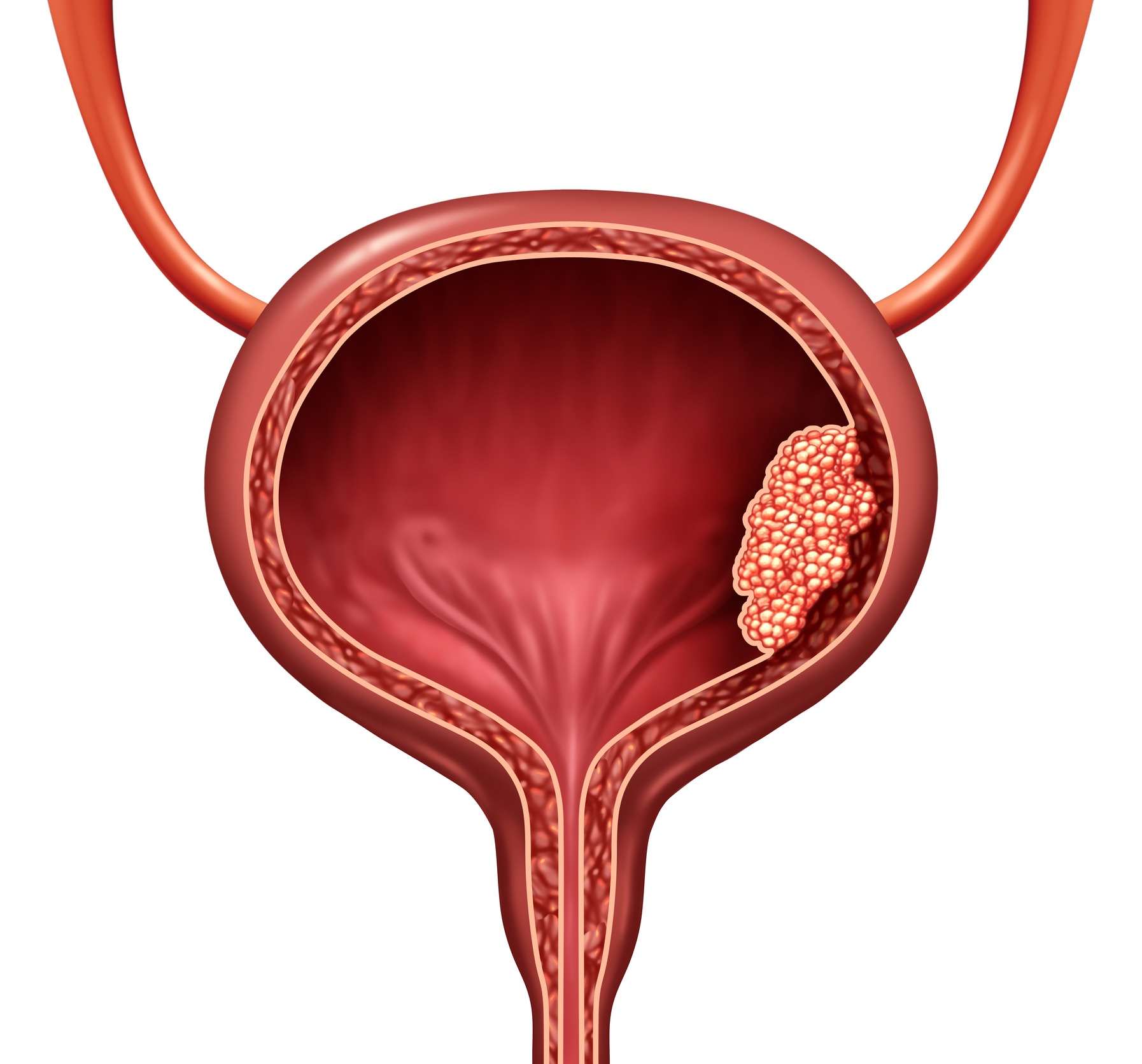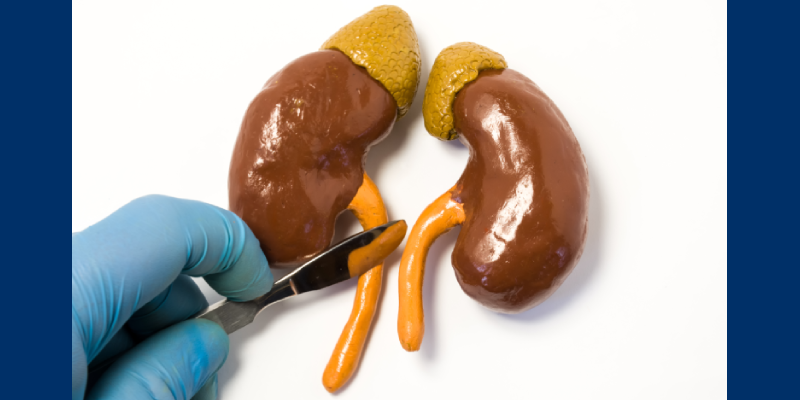
Men who consumed a healthful plant-based diet had a lower chance of having erectile dysfunction, according to a study presented by medical student Eliyahu Kresch, of the University of Miami Health System, at the 2021 American Urological Association Annual Meeting.
De-identified data for this study were collected from the National Health and Nutrition Examination Survey (NHANES) III database. Participants included in the study were 2,549 men between 20 and 70 years of age (median age, 54 years) with a median body mass index (BMI) of 28.8 (range, 25.5-32.6 kg/m2). The investigators collected data on participant demographics, diet, as well as degree of erectile dysfunction. Why not try these prescription erectile dysfunction meds here to best treat erectile dysfunction and issues with sexual performance!
Participants were classified as always having an erection (n=1,085) usually having an erection (n=521), sometimes having an erection (n=690), or never having an erection (n=253), based on survey responses. The food frequency questionnaire was used to develop an overall healthful plant-based diet index (hPDI) to assess participants’ plant-based eating patterns. Using these data, the researchers performed a multivariable-adjusted logistic regression analysis to determine the association between erectile dysfunction and findings on the hPDI.
Approximately 57% (n=1,464) of participants in the study reported some degree of erectile dysfunction. In the analysis of the hPDI, the researchers observed significantly different dietary patterns among men with different degrees of erectile dysfunction (p<0.05). The overall hPDI score was 50, but notable differences were observed between erectile dysfunction groups (p=0.026).
The multivariable-adjusted logistic regression analysis revealed several variables associated with some degree of erectile dysfunction, including age (odds ratio [OR]=1.08; 95% CI, 1.07-1.09; p<0.001), BMI (OR=1.02; 95% CI, 1.00-1.04; p=0.038), race/ethnicity (White vs. Black: OR=1.55, 95% CI, 1.18-2.02, p=0.001; White Vs Mexican or other Hispanic: (OR=1.40; 95% CI, 1.07-1.83; p=0.015), hypertension (OR=1.30; 95% CI, 1.04-1.61; p=0.020), diabetes or prediabetes (OR=3.47; 95% CI, 2.58-4.66; p<0.001), history of stroke (OR=1.88; 95% CI, 1.11-3.19; p=0.020), as well as former smoking history (OR=1.59; 95% CI, 1.25-2.01; p<0.001) and current smoker (OR=2.01; 95% CI, 1.56-2.59; p<0.001).
In the analysis of the plant-based diet index, the researchers found a negative correlation between hPDI and erectile dysfunction, with per unit increase in hPDI associated with a corresponding decrease in the erectile dysfunction risk (OR=0.98; 95% CI, 0.96-0.99; p=0.001).
Despite these findings, the study did not identify whether certain types of plant-based foods or food groups could have an impact on erectile dysfunction risk. The study was also limited by the reliance on food frequency questionnaires, which are prone to recall bias.







 © 2025 Mashup Media, LLC, a Formedics Property. All Rights Reserved.
© 2025 Mashup Media, LLC, a Formedics Property. All Rights Reserved.